Maybe you’re not ready to break up with plastic altogether, but there are some low-hanging fruit that can make a big difference in reducing the amount of disposable plastic in your life.
Maybe you’re not ready to break up with plastic altogether, but there are some low-hanging fruit that can make a big difference in reducing the amount of disposable plastic in your life.
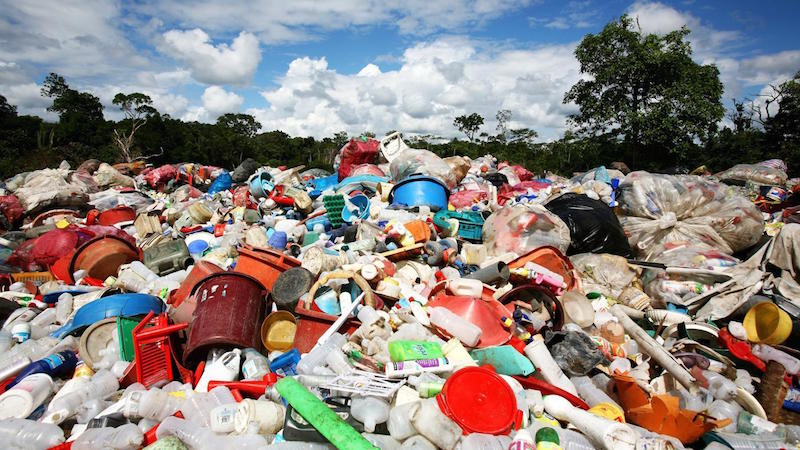
(Source : iacpublishinglabs)
Although recycling can help reduce the amount of garbage that ends up in landfills, waterways and ecosystems, only a few types of plastics can be recycled by most municipal governments. The fraction that does get recycled still requires a lot of energy and water which just isn’t a good proposition when it comes to single-use items. Plastic garbage that ends up in landfills and oceans take hundreds of years to degrade, and there’s increasing concern about the toxins they release into the environment.
But in our modern lives, plastic surrounds us and cutting it out can seem daunting. Below are some super easy ways to get started.
1. Get to know the rules of recycling.

(Source: tinleypark)
Don’t be intimidated by the complicated symbols and sorting rules. Navigating the recycling system is actually quite simple once you do a little research. Since recycling standards vary from place to place, find out the specific rules for your area.
While it’s better to implement reusable packaging in your home wherever possible, recycling is the next best option and it will prevent excess waste from heading for the landfill.
2. Bring your own shopping bag
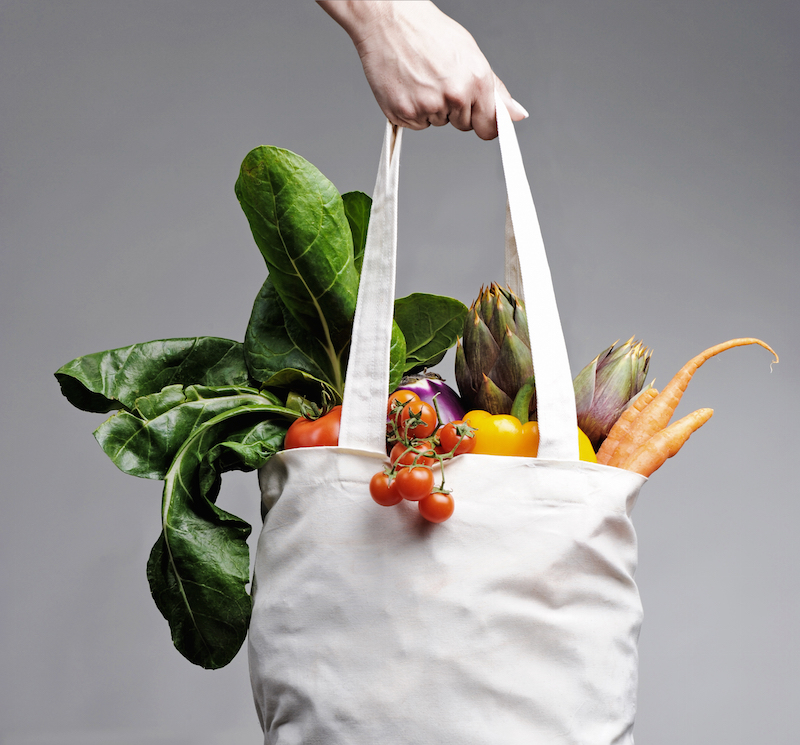
(Source: msecnd)
The usefulness of these thin and easily ripped bags is extremely limited, yet according to one estimate, somewhere between five billion and one trillion plastic bags are used each year around the world. Although free to shoppers, these bags have a high environmental cost and are one of the most ubiquitous forms of garbage. Bringing your own plastic bag is common but good environmental advice, such good advice that some governments implemented policies to encourage more people to do it.
3. Buy Products with Less Packaging
Packaging makes up 30 percent of municipal solid waste. You can reduce the amount of packaging you throw in the garbage by purchasing items that have less packaging.
Examples: Reduce the amount of packaging by purchasing concentrates and diluting them with water in reusable containers. Avoid single-serving products in favor of larger servings or buying in bulk. Take your own reusable cloth bag so you don't need "paper or plastic."
Benefits: Over-packaged products often cost more than less-packaged products. This means that you can save money when buying products with less packaging.
4. Fill up an old container instead of buying a new one.
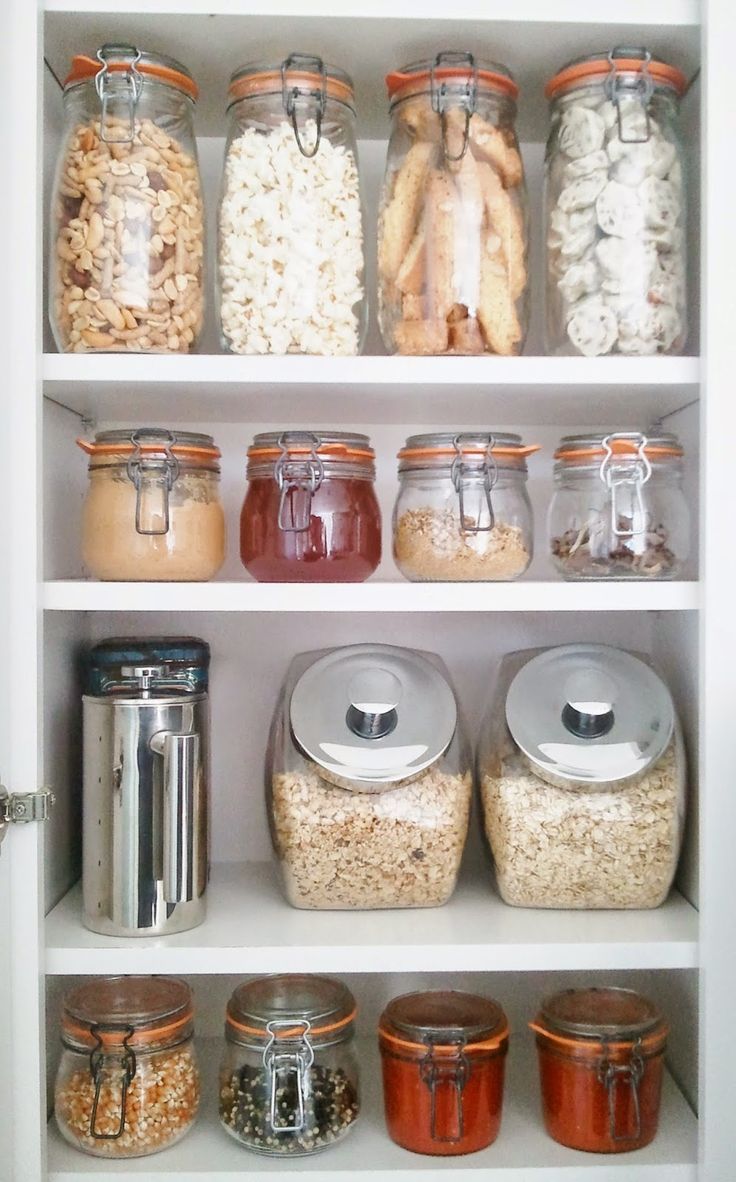
(Source: pinimg)
Bring jars or bags from home to fill with nuts, seeds, beans, flour, granola and more from the bulk bins.
Pay a deposit on a glass milk jug and bring it back to be refilled when you are finished.
Purchase cleaning products that offer refill packets (like Green Irene or Simply Neutral)
Look for refillable beauty products like shampoo, lotion or liquid soap at your local co-op or health food store.
Refill printer cartridges instead of buying new.
5. Start relying on reusable containers.
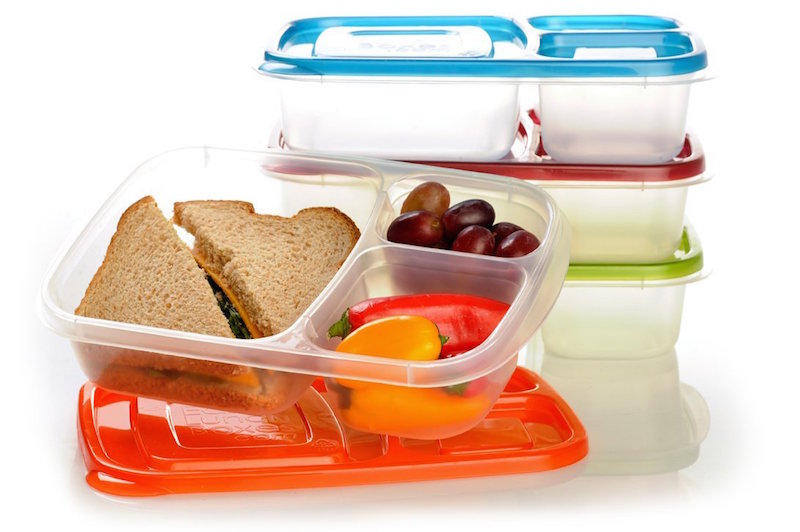
(Source: amazon)
Once you start buying only what you need, take it to the next level by storing food properly, which will extend its life and keep things fresh for as long as possible.
Invest in some quality airtight containers for things like baking ingredients, cereals, and other things that can stale quickly. If you buy loose food items from farmer’s markets or bulk bins at stores like Whole Foods, reusable containers are especially important to have in your kitchen.
6. Learn to repair rather than discard.
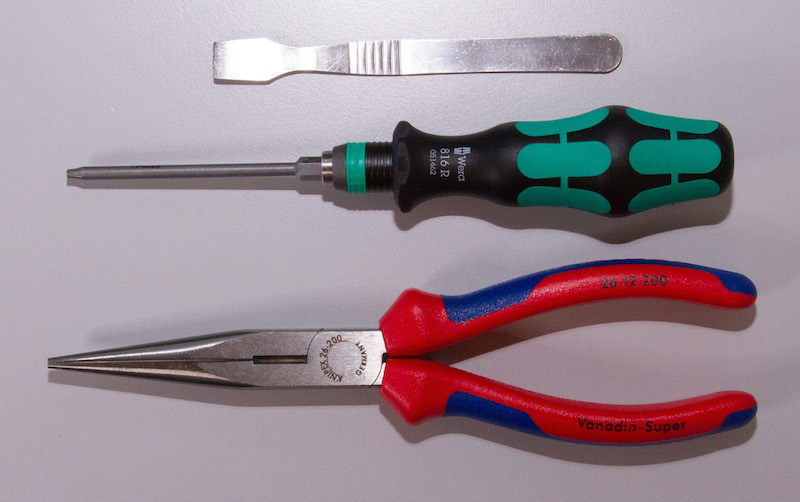
(Source: blogspot)
When was the last time you repaired something broken rather than throwing it away to purchase a new one? Can’t remember? Same. But buying a few high-quality items and repairing them when necessary is so much better for the planet than buying loads of cheap, disposable stuff.
The next time a strap pops off of a tank top or a lamp stops working, spend a few minutes to see if it’s fixable, rather than throwing it in the garbage and ordering a new one.
7. Prevent food waste and compost organic.
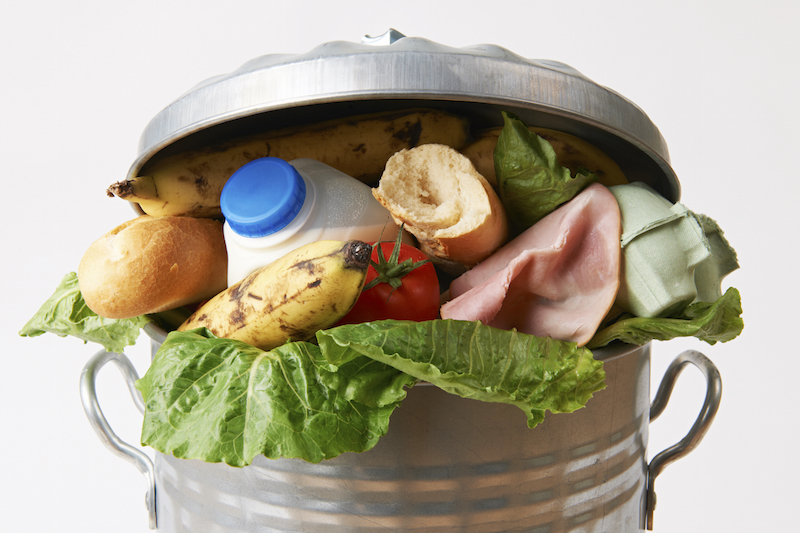
(Source: seedsfoodmarket)
Food is wasted in many ways, such as preparing too much, letting fresh food go bad and buying too much.
Examples: Planning meals and creating a list of what you need before you go to the grocery store will help you buy exactly what you need. Composting leftover fruit and vegetable food waste with your yard waste helps create high-nutrient compost. Donate excess canned goods to a food shelf.
Benefits: Making better use of the food you buy will save you money and reduce how much food you throw away. Composting the remaining food waste will provide you with a great additive for your garden.
8. Be Selective
Don’t take it if you don’t need it!
Pass on freebies that you really won’t use.
Think twice before you buy.
Don’t buy it just because it’s cheap!
9. Use the least hazardous cleaning products
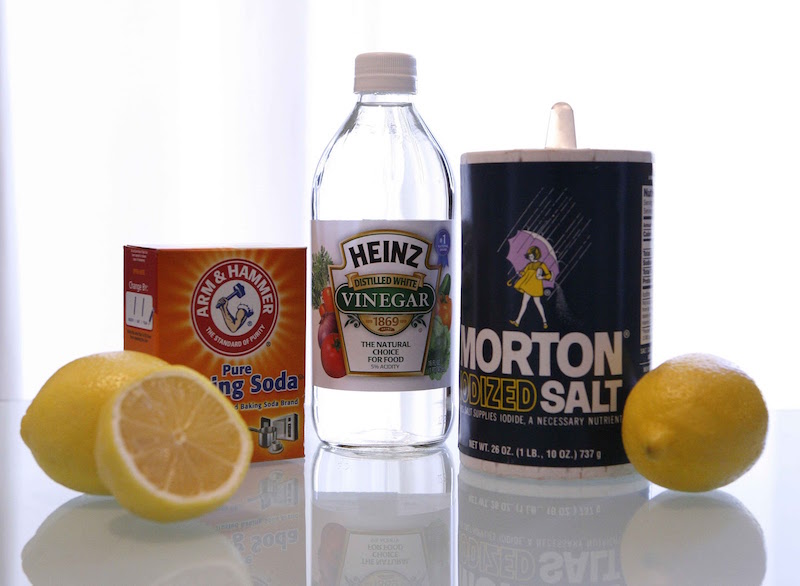
(Source: blogspot)
Read the labels of cleaners and look for the signal words — caution, warning, danger, poison — which indicate the level of hazard. Use the least hazardous product to do the job. ("Caution" is least hazardous and "danger" is most hazardous. Extremely toxic products must also include the word "poison.")
Read the instructions on how to use cleaning products and be sure to use the correct amount. Remember, you won't get twice the results by using twice as much.
Example: Reading labels gives you information on how to use a cleaning product correctly and how dangerous a product might be. You could also consider using a substitute for cleaning projects around the house. For example, vinegar and water work well to wash windows and floors. Another idea is to share any excess products with someone else who can use them, such as your neighbor or friend. Instead of buying many different types of cleaners, use one general-purpose cleaner.
Benefits: With so many choices of products to clean your house, it can be difficult to choose the best one for your household. Buying cleaning products with the least dangerous signal word and using substitutes will reduce the amount of hazardous chemicals in your home.
10. Choose cardboard over plastic bottles and bags
Generally speaking, it’s easier to recycle cardboard than plastic, plus paper products tend to biodegrade more easily without adding a lot of weight to the product the way glass or aluminum can. So, when you have the choice, pick pasta in the box instead of pasta in a bag, or detergent in the box instead of the bottle. Even better would be to check for companies that source their cardboard sustainably or have a strong stance on deforestation.
11. Reduce the need for pesticides in your home.
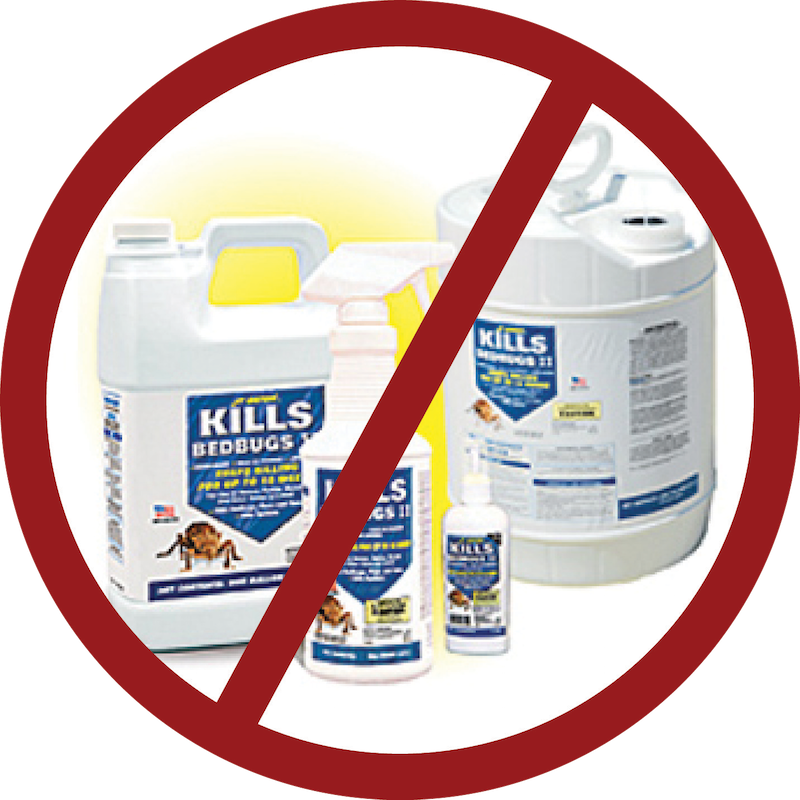
(Source: blogspot)
If you're looking for a way to decrease your use of chemicals in your home, take a look at how you handle unwanted pests. The best method to control pests inside the home is to clean up crumbs and spills quickly. Instead of reaching for a can of toxic spray, grab a broom!
Example: Good housekeeping and proper maintenance of your home can help prevent pests from entering your home.
Eat only where you can clean up spills easily and completely.
Store food in tightly sealed containers.
Eliminate moisture problems and leaks.
Keep vegetation and debris away from the foundation.
Caulk cracks and weatherstrip windows and doors to eliminate easy paths of entry.
Need to get rid of bugs that are already in the house? Less-toxic alternatives are available for most types of pests.
Benefits: Pesticides are designed to kill weeds, insects, rodents, mold and moths. Even disinfectants are a type of pesticide. These chemicals can be poisonous and a danger to pets, livestock, wildlife and even humans. Eliminating the need for pesticides is the best way to keep pests—and chemicals—out of your home.
12. Maintain your vehicle
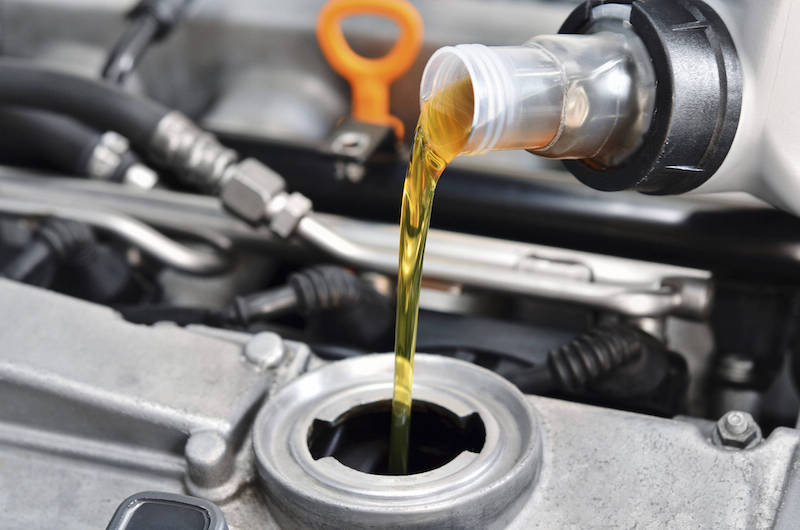
(Source: matusfun)
Your vehicle can be a large source of pollution, both through tailpipe emissions and through maintenance. Proper care of your vehicle includes regular servicing and being responsible for the resulting wastes — especially used oil and oil filters.
Find ways to use your car less by walking, biking, riding the bus or car pooling to your destination. Combine your errands to reduce the number of trips you make. Both of these will reduce "wear and tear" on your vehicle, as well as curb air pollution. When purchasing a new or used car, first ask yourself what you need (i.e., vehicle and engine size), and buy according to your needs. Discover simple strategies to minimize household waste and learn about Waste Managed techniques to create a more sustainable living environment.
Few more tips on how to reduce waste at home while you save some money!
1. Cloth diaper your baby.
2. Buy in bulk whenever possible.
3. Go paperless in your kitchen.
4. Eat whole foods, not packaged ones.
5. Buy reusable water bottles (for your kids, too), rather than buying water in plastic bottles.
6. Before recycling household paper, turn it into note-sized paper for grocery lists, to-do’s, etc.
7. Bring your own travel mug to your local coffee shop (and when you’re planning to sit and sip, ask for a mug rather than a paper cup).
8. Use rechargeable batteries.
9. Use a battery operated razor (or at least use razors with replaceable heads, rather than disposables).
10. Invest in LED light bulbs, they last a lot longer(and consume less energy than regular)
11. Have your printer ink cartridges refilled instead of purchasing new ones.
12. If you need an item for a short time only, see if you can borrow it from someone.
13. Save and reuse all gift bags and tissue paper from gifts that you receive.
14. Give away or sell things you don’t need.
Read more about Empowering Actions Against Plastic







